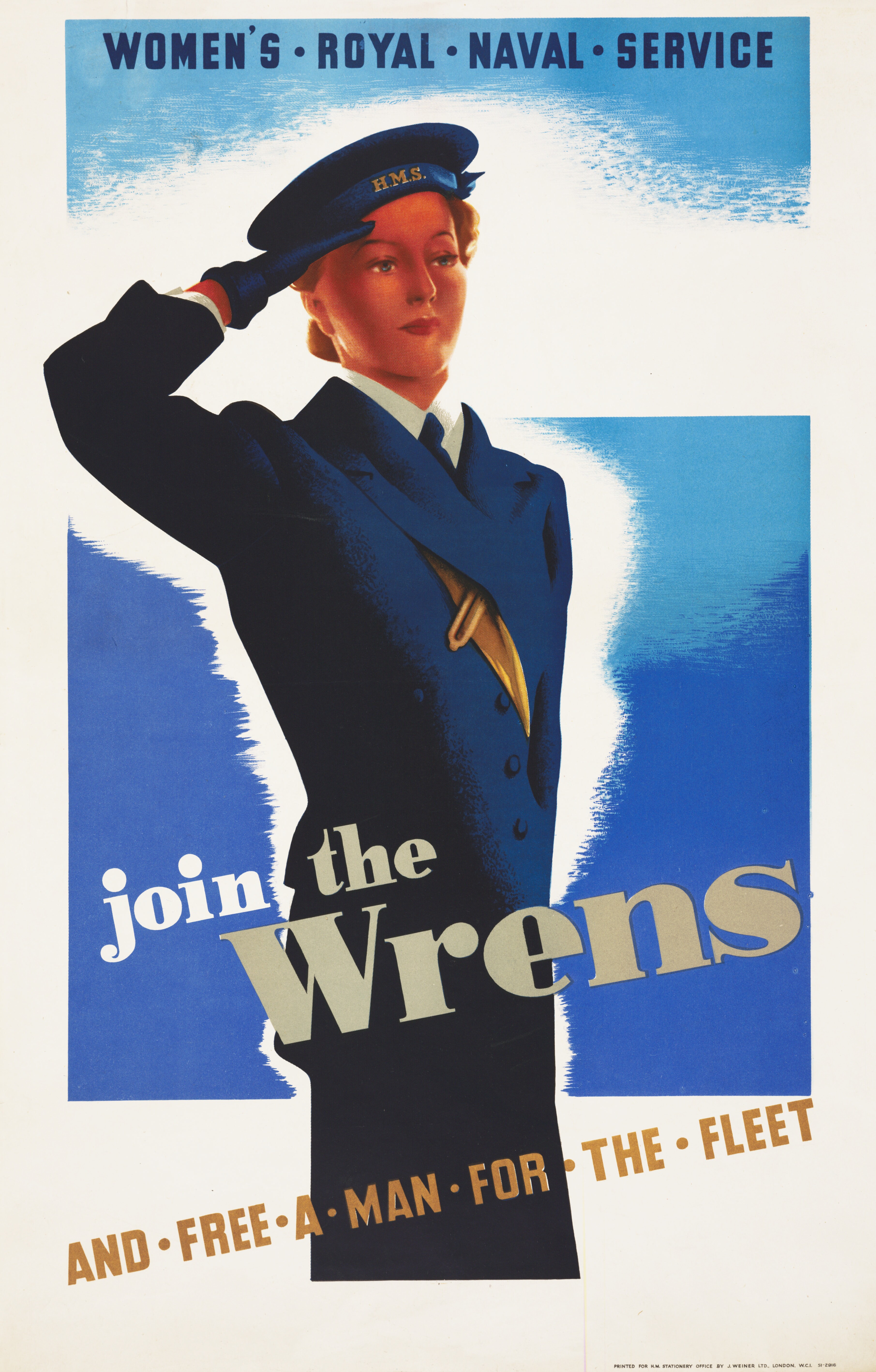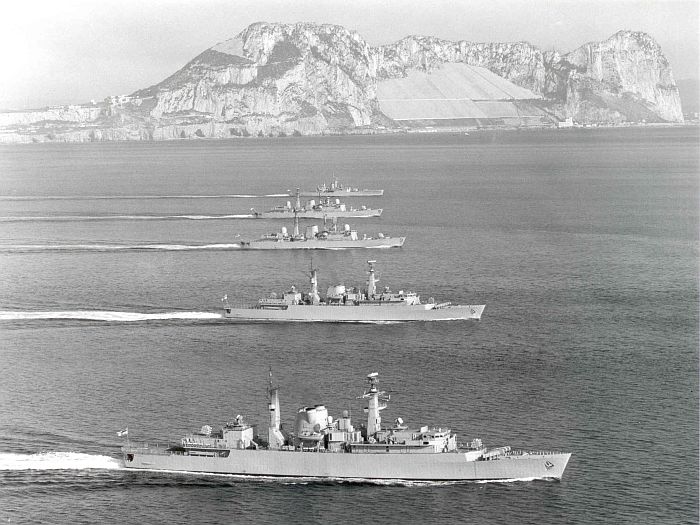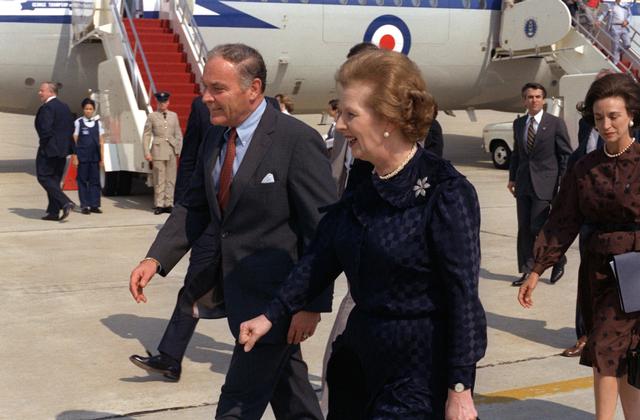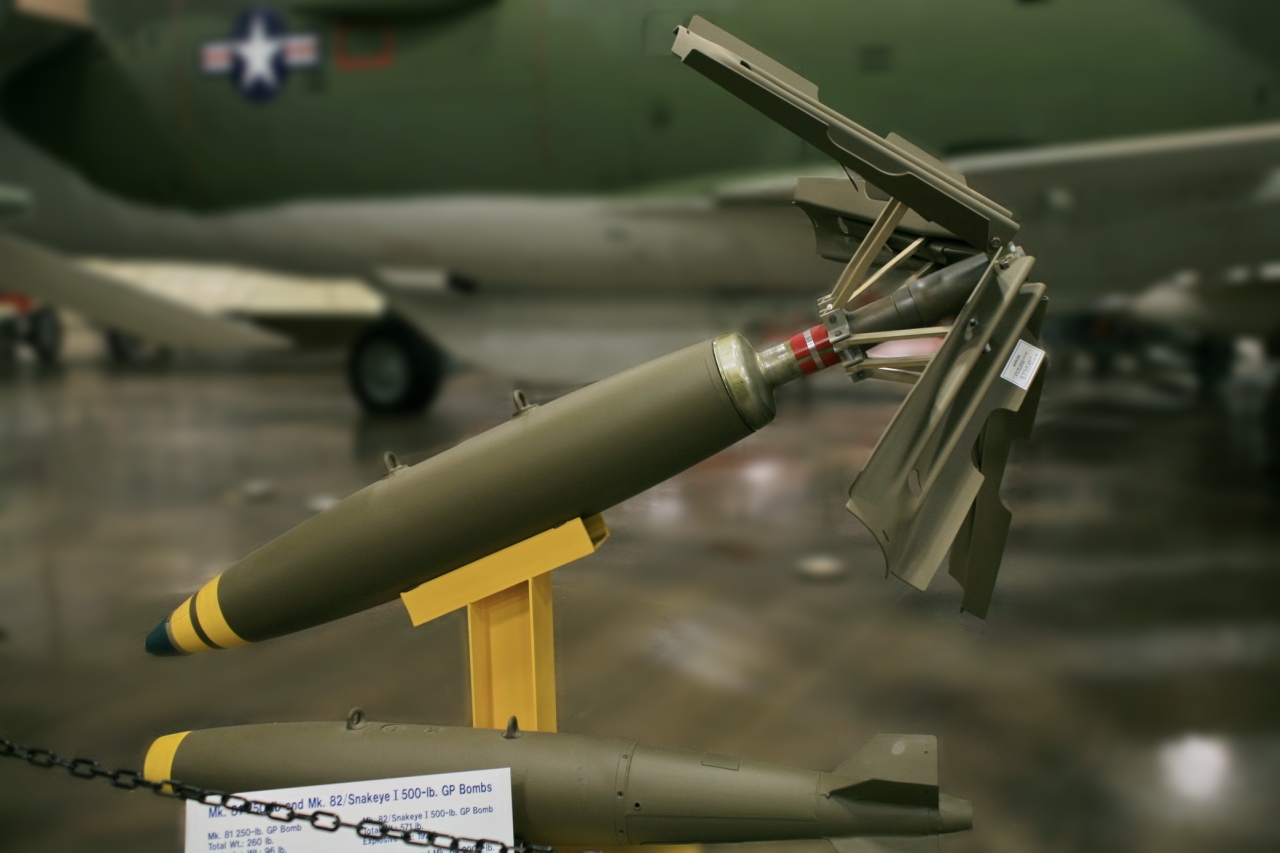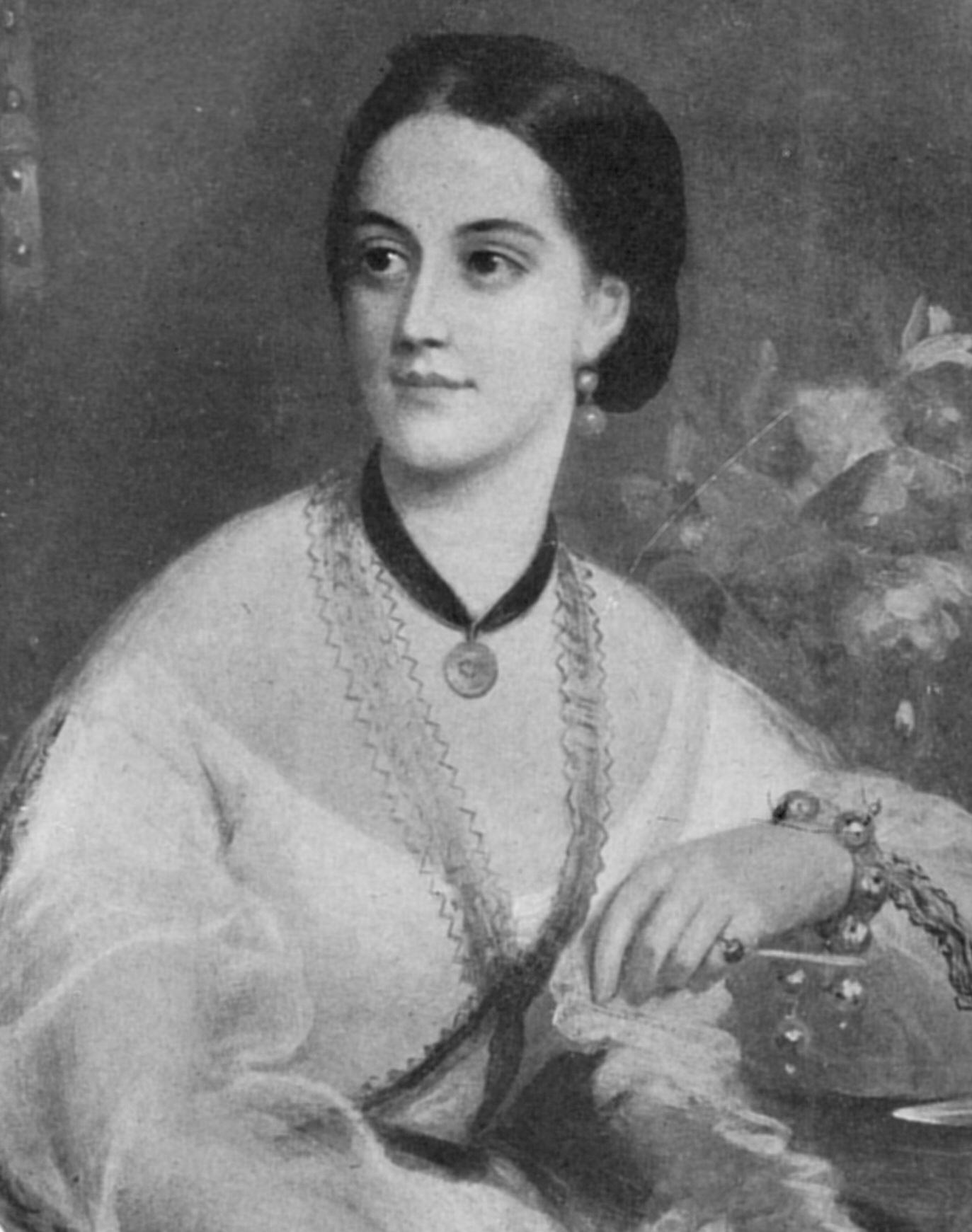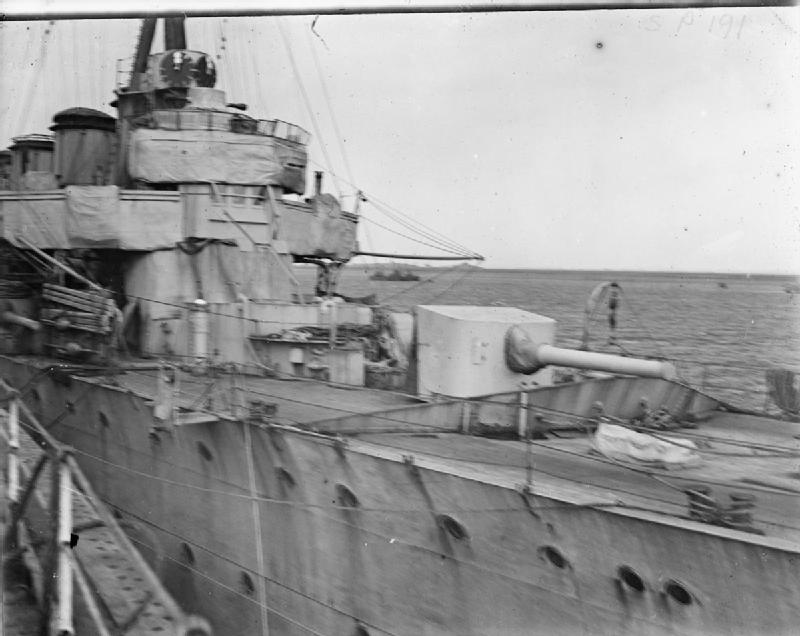|
HMS Raleigh (shore Establishment)
HMS ''Raleigh'' is a stone frigate (shore establishment), serving as the basic training facility of the Royal Navy at Torpoint, Cornwall, United Kingdom. It is spread over several square miles, and has Damage control (maritime), damage control simulators and fire-fighting training facilities, as well as a permanently moored training ship, the former HMS Brecon (M29), HMS ''Brecon''. Its principal function is the delivery of both New Entry Training and Basic Training. History HMS ''Raleigh'' was commissioned on 9 January 1940 as a training establishment for Ordinary Seamen following the Military Training Act 1939, Military Training Act which required that all males aged 20 and 21 years old be called up for six months full-time military training, and then transferred to the Military reserve force, reserve. During the Second World War, 44 sailors and 21 Royal Engineers were killed when a German bomb hit the air-raid shelter they were in at ''Raleigh'' on 28 April 1941. In 1944, t ... [...More Info...] [...Related Items...] OR: [Wikipedia] [Google] [Baidu] |
Torpoint
Torpoint () is a town and civil parish on the Rame Peninsula in southeast Cornwall, England, United Kingdom. It is situated opposite the city of Plymouth across the Hamoaze which is the tidal estuary of the River Tamar. Torpoint had a population of 8,457 at the 2001 census, decreasing to 8,364 at the 2011 census. Two electoral wards also exist ( Torpoint East and Torpoint West). Their combined populations at the same census were 7,717. Torpoint is linked to Plymouth (and Devonport) by the Torpoint Ferry. The three vessels that operate the service are chain ferries – that is, they are propelled across the river by pulling themselves on fixed chains which lie across the bed of the river. The journey takes about seven minutes. Origin of name It is said that Torpoint's name is derived from Tar Point, a name given because of the initial industry on the west bank of the Hamoaze. However this is actually a nickname given by workers, Torpoint meaning "rocky headland". Histor ... [...More Info...] [...Related Items...] OR: [Wikipedia] [Google] [Baidu] |
Women's Royal Naval Service
The Women's Royal Naval Service (WRNS; popularly and officially known as the Wrens) was the women's branch of the United Kingdom's Royal Navy. First formed in 1917 for the World War I, First World War, it was disbanded in 1919, then revived in 1939 at the beginning of the World War II, Second World War, remaining active until integrated into the Royal Navy in 1993. WRNS included Cooking, cooks, clerks, Morse code, wireless telegraphists, Plot (radar), radar plotters, weapons analysts, Rangefinding telemeter, range assessors, electricians, air mechanics, ground transport vehicle drivers and despatch_rider, motorcycle dispatch riders. History First World War The WRNS was formed in 1917 during the World War I, First World War. On 10 October 1918, nineteen-year-old Josephine Carr from Cork (city), Cork became the first Wren to die on active service, when her ship, the RMS Leinster, RMS ''Leinster'' was torpedoed. By the end of the war the service had 5,500 members, 500 of them offi ... [...More Info...] [...Related Items...] OR: [Wikipedia] [Google] [Baidu] |
Operation Corporate
The Falklands War () was a ten-week undeclared war between Argentina and the United Kingdom in 1982 over two British dependent territories in the South Atlantic: the Falkland Islands and its territorial dependency, South Georgia and the South Sandwich Islands. The conflict began on 2 April 1982, when Argentina invaded and occupied the Falkland Islands, followed by the invasion of South Georgia the next day. On 5 April, the British government dispatched a naval task force to engage the Argentine Navy and Air Force before making an amphibious assault on the islands. The conflict lasted 74 days and ended with an Argentine surrender on 14 June, returning the islands to British control. In total, 649 Argentine military personnel, 255 British military personnel, and three Falkland Islanders were killed during the hostilities. The conflict was a major episode in the protracted dispute over the territories' sovereignty. Argentina claimed (and mainta ... [...More Info...] [...Related Items...] OR: [Wikipedia] [Google] [Baidu] |
HMS Neptune (20)
HMS ''Neptune'' was a light cruiser which served with the Royal Navy during World War II. ''Neptune'' was the fourth ship of its class and was the ninth Royal Navy vessel to carry the name. Construction and commissioning Built by Portsmouth Dockyard, ''Neptune'' was laid down on 24 September 1931, launched on 31 January 1933, and commissioned into the Royal Navy on 12 February 1934 with the pennant number 20. Operational history During World War II, ''Neptune'' operated with a crew drawn predominantly from the New Zealand Division of the Royal Navy. The ship also carried a large contingent of seconded South African personnel. In December 1939, several months after war was declared, ''Neptune'' was patrolling in the South Atlantic in pursuit of German surface raider heavy cruiser . ''Neptune'', with other patrolling Royal Navy heavy units, was sent to Uruguay in the aftermath of the Battle of the River Plate. However, she was still in transit when the Germans scuttled ''Gr ... [...More Info...] [...Related Items...] OR: [Wikipedia] [Google] [Baidu] |
Horatio Nelson, 1st Viscount Nelson
Horatio Nelson, 1st Viscount Nelson, 1st Duke of Bronte ( – 21 October 1805) was a Royal Navy officer whose leadership, grasp of strategy and unconventional tactics brought about a number of decisive British naval victories during the French Revolutionary and Napoleonic Wars. He is widely regarded as one of the greatest naval commanders in history. Nelson was born into a moderately prosperous Norfolk family and joined the navy through the influence of his uncle, Maurice Suckling, a high-ranking naval officer. Nelson rose rapidly through the ranks and served with leading naval commanders of the period before obtaining his own command at the age of 20, in 1778. He developed a reputation for personal valour and a firm grasp of tactics, but suffered periods of illness and unemployment after the end of the American War of Independence. The outbreak of the French Revolutionary Wars allowed Nelson to return to service, where he was particularly active in the Mediterranean Sea. He f ... [...More Info...] [...Related Items...] OR: [Wikipedia] [Google] [Baidu] |
Falklands War
The Falklands War () was a ten-week undeclared war between Argentina and the United Kingdom in 1982 over two British Overseas Territories, British dependent territories in the South Atlantic: the Falkland Islands and Falkland Islands Dependencies, its territorial dependency, South Georgia and the South Sandwich Islands. The conflict began on 2 April 1982, when 1982 invasion of the Falkland Islands, Argentina invaded and Occupation of the Falkland Islands, occupied the Falkland Islands, followed by the invasion of South Georgia the next day. On 5 April, the British government dispatched a British naval forces in the Falklands War, naval task force to engage the Argentine Navy and Argentine Air Force, Air Force before making an Amphibious warfare, amphibious assault on the islands. The conflict lasted 74 days and ended with an Argentine Argentinian surrender in the Falklands War, surrender on 14 June, returning the islands to British control. In total, 649&nbs ... [...More Info...] [...Related Items...] OR: [Wikipedia] [Google] [Baidu] |
HMS Ardent (F184)
HMS ''Ardent'' was a Royal Navy Type 21 frigate. Built by Yarrow Shipbuilders Ltd, Glasgow, Scotland. She was completed with Exocet launchers in 'B' position. ''Ardent'' took part in the Falklands War, where she was sunk by Argentine aircraft in the Falkland Sound on 21 May 1982. Falklands War On 19 April 1982 ''Ardent'' sailed from HMNB Devonport near Plymouth for the Falkland Islands. En route, she escorted task force ships that had left late, on their way to Ascension Island, arriving on 3 May and sailing on the morning of the 7 May. On 9 May 1982 while 700 miles south west of Ascension, ''Ardent'' closed to within 200 yards of the starboard side of the troopship and provided a gun power demonstration to the troops sailing south. On 21 May 1982, whilst lying in Falkland Sound and supporting Operation Sutton by bombarding the Argentine airstrip at Goose Green, ''Ardent'' was attacked by at least three waves of Argentine aircraft. The air strikes caused ''Ardent'' to sink ... [...More Info...] [...Related Items...] OR: [Wikipedia] [Google] [Baidu] |
Thomas William Gould
Thomas William Gould, VC (28 December 1914 – 6 December 2001) was a Royal Navy sailor and a recipient of the Victoria Cross, the highest award for gallantry in the face of the enemy that can be awarded to British and Commonwealth forces. He was one of three Jewish recipients of the Victoria Cross in the Second World War. Second World War Gould was 27 years old, and a petty officer in the Royal Navy during the Second World War, when the following deed took place for which he was awarded the Victoria Cross. On 16 February 1942 north of Crete, in the Mediterranean, HM Submarine ''Thrasher'', after attacking and sinking a supply ship, was itself attacked. ''Thrasher'' was subjected to a three-hour depth charge attack and aerial bombing. When after dark the submarine surfaced, two unexploded bombs were discovered in the gun-casing. Petty Officer Gould and Lieutenant Peter Scawen Watkinson Roberts volunteered to remove the bombs, which were of a type unknown to them. They removed ... [...More Info...] [...Related Items...] OR: [Wikipedia] [Google] [Baidu] |
John Fisher, 1st Baron Fisher
Admiral of the Fleet (Royal Navy), Admiral of the Fleet John Arbuthnot Fisher, 1st Baron Fisher, (25 January 1841 – 10 July 1920), commonly known as Jacky or Jackie Fisher, was a British Admiral of the Fleet. His efforts to reform the Royal Navy helped to usher in an era of modernisation which saw the supersession of wooden sailing ships armed with muzzleloader, muzzle-loading cannon by steel-hulled battlecruisers, submarines and the first aircraft carriers. Fisher has a reputation as an innovator, strategist and developer of the navy rather than as a seagoing admiral involved in major battles, although in his career he experienced all these things. When appointed First Sea Lord in 1904 he removed from active service 150 ships which were no longer useful and set about constructing modern replacements, developing a modern fleet prepared to meet German Empire, Germany during the First World War. Fisher saw the need to improve the range, accuracy and rate-of-fire of naval gunne ... [...More Info...] [...Related Items...] OR: [Wikipedia] [Google] [Baidu] |
Andrew Cunningham, 1st Viscount Cunningham Of Hyndhope
Admiral of the Fleet (Royal Navy), Admiral of the Fleet Andrew Browne Cunningham, 1st Viscount Cunningham of Hyndhope, (7 January 1883 – 12 June 1963) was a British officer of the Royal Navy during the Second World War. He was List of military figures by nickname, widely known by his initials, "ABC". Cunningham was born in Rathmines in the south side of Dublin on 7 January 1883. After starting his schooling in Dublin and Edinburgh, he enrolled at Stubbington House School, at the age of ten. He entered the Royal Navy in 1897 as a naval cadet in the officers' training ship HMS Prince of Wales (1860), ''Britannia'', passing out in 1898. He commanded a destroyer during the First World War and through most of the interwar period. He was awarded the Distinguished Service Order and two Bars, for his performance during this time, specifically for his actions in the Naval operations in the Dardanelles Campaign, Dardanelles and in the Baltic states, Baltics. In the Second World War, ... [...More Info...] [...Related Items...] OR: [Wikipedia] [Google] [Baidu] |
Jack Cornwell
John Travers Cornwell VC (8 January 1900 – 2 June 1916), commonly known as Jack Cornwell or as Boy Cornwell, is remembered for his gallantry at the Battle of Jutland during World War I. Having died at the age of only 16, he was posthumously awarded the Victoria Cross, the highest award for gallantry in the face of the enemy that can be awarded to British and Commonwealth forces. Cornwell is the third-youngest recipient of the VC after Andrew Fitzgibbon and Thomas Flynn. Early life John "Jack" Travers Cornwell was born as the third child of a working-class family at Clyde Place, Leyton, Essex (now in Greater London). His parents were Eli and Lily Cornwell; he had a sister and three brothers, as well as two half-siblings from his father's previous marriage. The family later moved to Alverstone Road, East Ham. He left Walton Road School at the standard age of 14. At the outbreak of the First World War, his father, an ex-soldier, volunteered for service and fought in France. H ... [...More Info...] [...Related Items...] OR: [Wikipedia] [Google] [Baidu] |
Royal Navy Submarine School
The Royal Navy Submarine School trains non-officer submariners and is located at at Torpoint in Cornwall. In 2017 a plan to relocate the school to HMNB Clyde was announced. See also Submarine Command Course The Submarine Command Course (SMCC), previously known as the Commanding Officers Qualifying Course (COQC), is a training course for naval officers preparing to take command of a submarine. It is informally known as The Perisher. Created by the ..., The Perisher References Education in Cornwall Royal Navy Submarine Service Training establishments of the Royal Navy {{UK-navy-stub ... [...More Info...] [...Related Items...] OR: [Wikipedia] [Google] [Baidu] |
